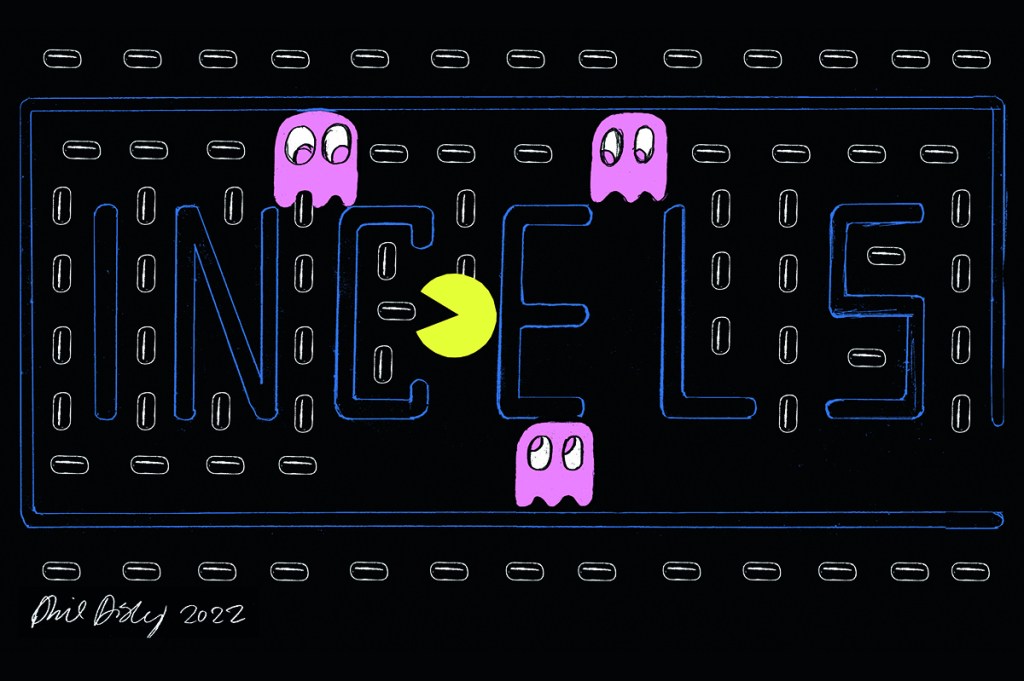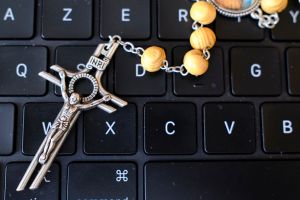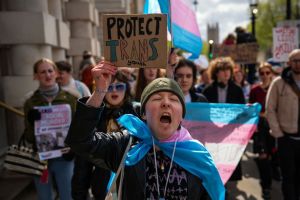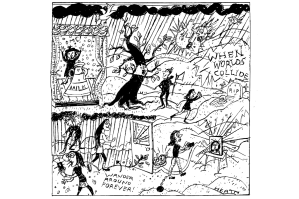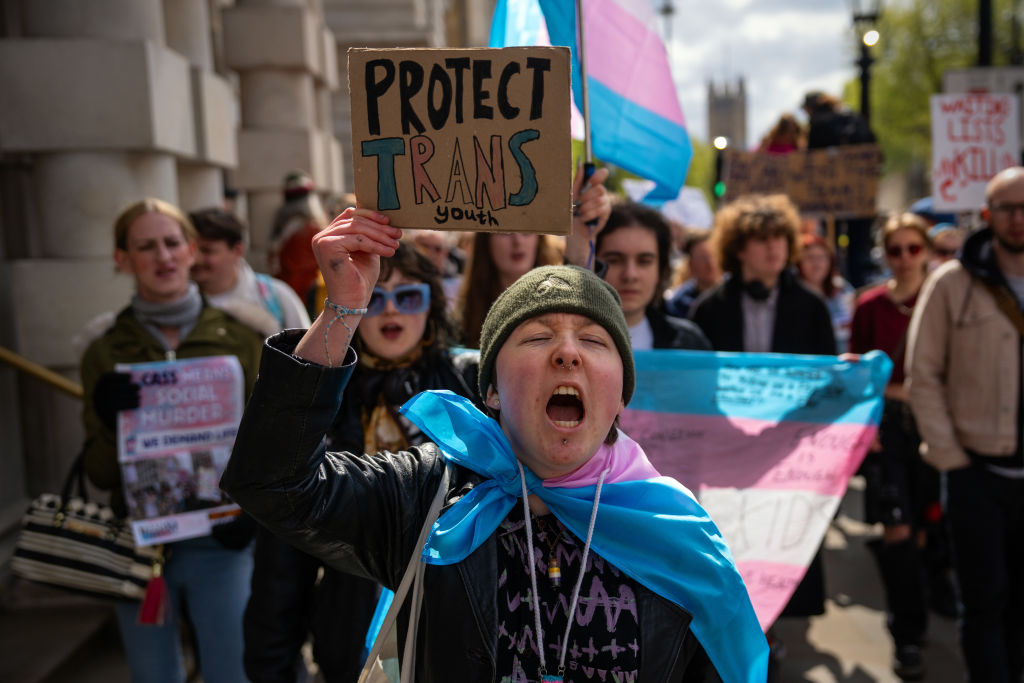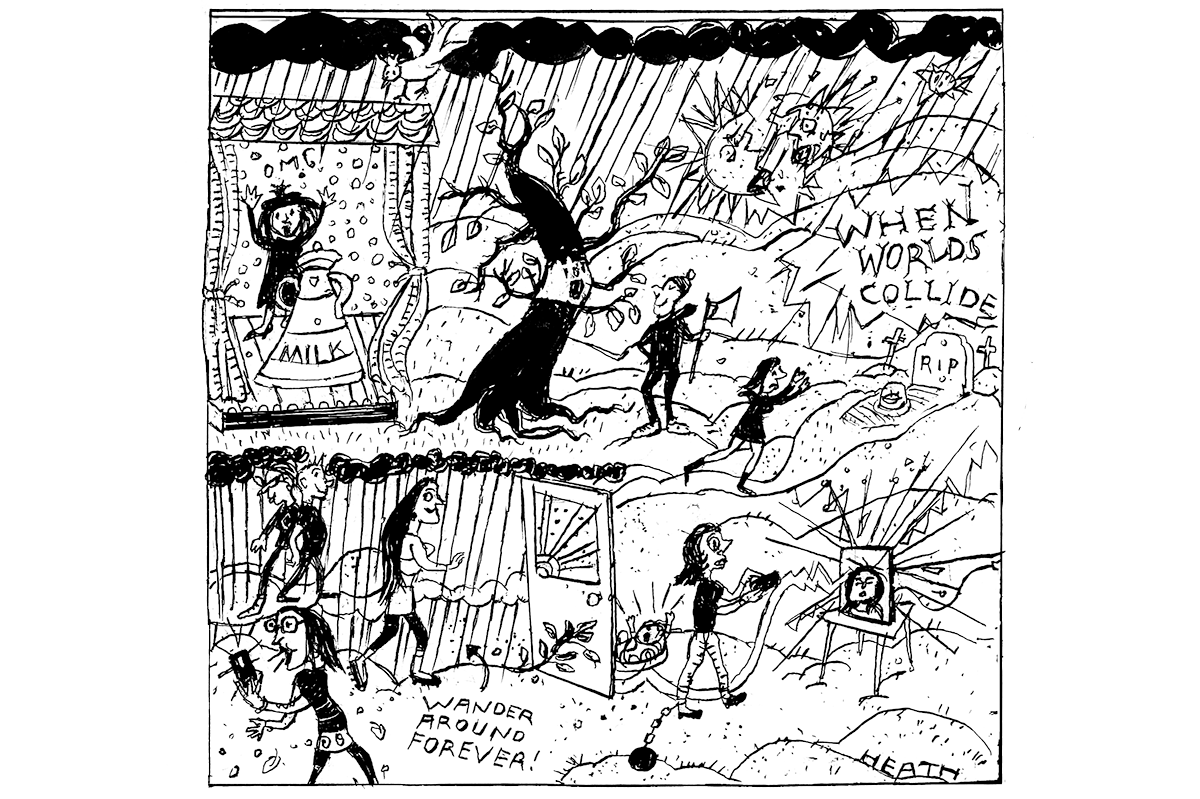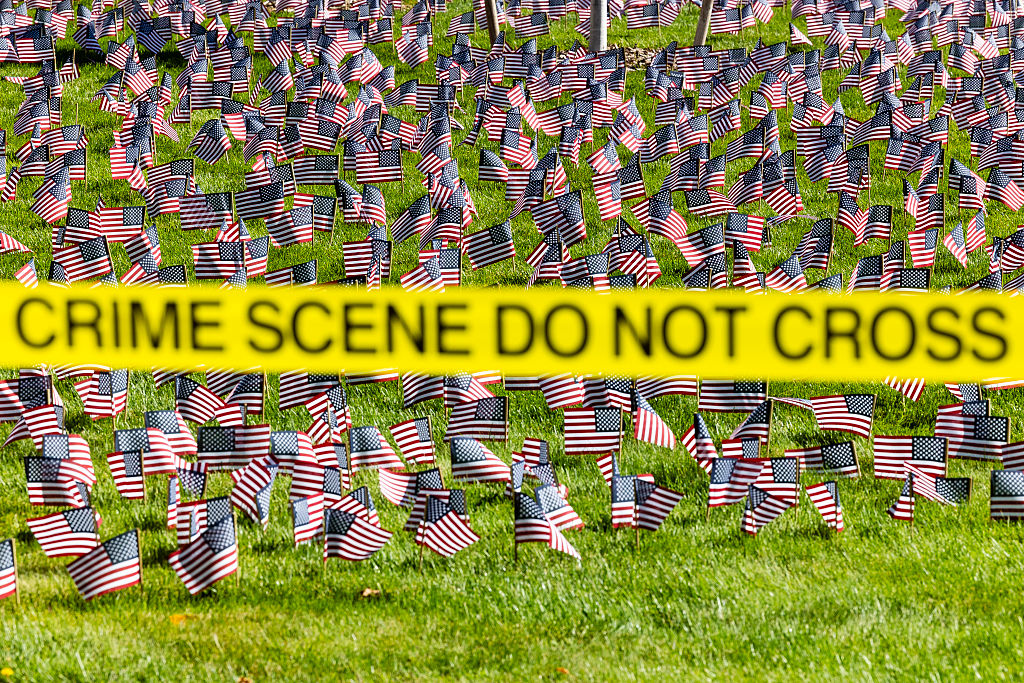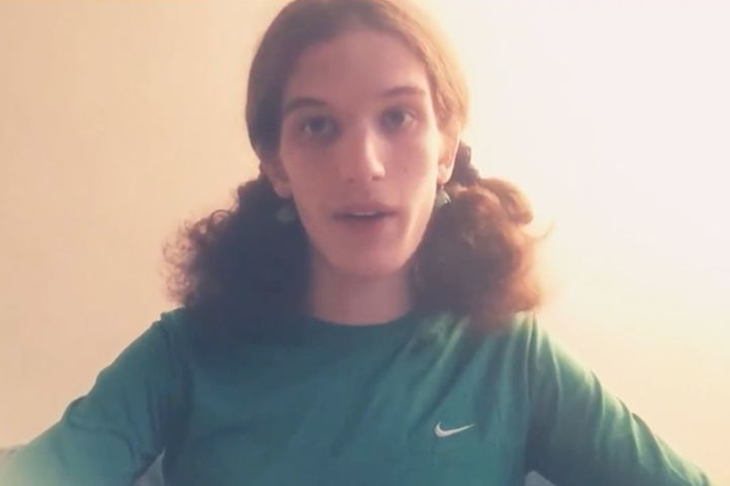Young men are giving up. They are the losers of the endless beauty pageant that is online life, dating in particular. Their failure to attract women or find rewarding employment is the stuff of jokes: they are “incels” (involuntary celibates), basement-dwellers, forty-year-old virgins. Meanwhile, they sink into a digital swamp of gloom and isolation that leads to resentment, radicalization, murder and suicide. In their internet forums, they call this “taking the blackpill.”
The blackpill had yet to be named in 2014, when twenty-two-year-old Elliot Rodger rampaged through Isla Vista, California, killing six people and injuring fourteen more before his suicide, but he was fueled by its spirit of nihilism. An online in-phrase for years, it only went mainstream last summer, when another twenty-two-year-old, Jake Davison, ran amok in Plymouth, England, shooting five people to death and wounding two others before killing himself.
The blackpill isn’t a real drug: it’s a quasi-philosophical concept, a metaphorical medicine representing the abandonment of hope. As narcotics take hold in especially impoverished neighborhoods, the blackpill thrives in the dark recesses of the internet where the loneliest losers of the sexual marketplace converge. Blackpill thought tells them that all efforts to improve themselves are futile. Women, it says, are corrupted by progressive values. Atomized and technologized societies have changed relational dynamics, it says: the game was rigged against them from the beginning.
The blackpill was born in the early 2000s in the “manosphere” of websites promoting a particular set of male interests. These ranged from “men’s rights activist” sites such as A Voice for Men, which covered subjects like parental access and allegedly false rape accusations, to PUA (pickup artist) blogs like those of Roosh Valizadeh, the “neo-masculinist” who boasted of sexual escapades and sought to teach men “game,” or mastery over women. The belief that society discriminates against men and denies them egalitarian access to sex and love came to be known as “taking the red pill,” in an unsubtle nod to a scene in The Matrix where the protagonist Neo chooses between accepting reality with a red pill or denying it with a blue. This cannot have amused The Matrix’s directors, Larry and Andy Wachowski, who are now Lana and Lilly and insist that The Matrix reflected their incipient transsexuality.
The French novelist Michel Houellebecq anticipated the pickup artist’s idea that capitalism and sexual liberalization have created a ruthless battle of the sexes. In his 1994 novel Whatever, Houellebecq’s narrator, Our Hero, says:
In societies like ours sex truly represents a second system of differentiation, completely independent of money; and as a system of differentiation it functions just as mercilessly. The effects of these two systems are, furthermore, strictly equivalent. Just like unrestrained economic liberalism, and for similar reasons, sexual liberalism produces phenomena of absolute pauperization. Some men make love every day; others five or six times in their life, or never. Some make love with dozens of women; others with none.
The denizens of the Manosphere admired hypergamy; in other words, “dating up,” arguing that women are more selective than men and gravitate towards the most attractive males. The so-called pickup artists attempted to breed confidence and charisma — not an ignoble goal in theory, though in practice it tended toward psychological manipulation and conning drunk young women into bed. (Roosh Valizadeh, like the Wachowskis, eventually crossed over and, denouncing his earlier life, became a member of the Orthodox church.)
A third Manosphere subculture was MGTOW: Men Going Their Own Way. Its adherents rejected the idea of trying to make themselves appealing to women; some denied that it even was possible. These men separated themselves from the female sex, sparing themselves heartache, assault accusations and the need to purchase Christmas and birthday gifts. Some of them claimed to be quite cheerful about this. They weren’t incels, they said. These digital monks called themselves “volcels,” voluntary celibates. Others, though, were more resentful. They felt they had been left no choice but to be men going their own way. And down they went.
The blackpill emerged in 2011 on the Omega Virgin Revolt blog. A poster defined the blackpill as the idea that there are “no personal solutions to systemic problems, and feminism/women is a systemic problem.” The social scientist Lukas Castle, author of the pioneering The Blackpill Theory: Why Incels Are Right and You Are Wrong, defines it less aggressively but no less pessimistically: “some locks just do not have a key.”
Blackpill beliefs did not emerge from a vacuum. According to a Washington Post report in 2019, 28 percent of American men under 30 are celibate, compared to 18 percent of women. The percentage of male celibates has almost tripled since 2008. Statistics extracted from dating apps suggest that men face more of an uphill route to finding companionship online with the opposite sex. Online, women are sought by men more than women seek them, which creates a market dynamic in which women evaluate men’s attractiveness more severely than men evaluate theirs.
The widening gulf between women and men in their teens and twenties, the years when romance traditionally blooms and families are started, explains a lot of male frustration. The media likes to lump incels and the blackpill with other forms of political and religious extremism, but the romantic and sexual nihilists are not as coherent. The jihadis have ISIS and al-Qaeda, the neo-Nazis have groups like Atomwaffen, but the incels have no organization. They’re an amorphous mass of largely anonymous posters, ranging from the merely lovelorn to the violently resentful, and it’s hard to tell them apart — until it’s too late.
“CEOs of big tech companies: You almost certainly have incels as employees,” Ellen Pao, the former CEO of Reddit, posted on Twitter after the meme-spewing Alek Minassian ran down pedestrians in Toronto in 2018, killing nine women and two men. “What are you going to do about it?” Short of interrogating pale young male workers on when they last had sex, not much. An incel can be an Elliot Rodger, but he can also be a nice, lonesome man who wants to find a girlfriend but is struggling with his weight and desperate to find a place in the world.
It is hard to pin down precisely how much violence has been caused by incel-related beliefs and attitudes. In 2009, forty-eight-year-old George Sodini killed three women in a Pennsylvania gym in an outburst of misogynist rage after what he called years of rejection — an act which validated the judgment of the women who had rejected him. Elliot Rodger was also a seething misogynist. Other cases are more complicated. Alek Minassian has both confirmed and denied an incel influence. Jake Davison, the Plymouth killer, was an incel who called women “arrogant and entitled beyond belief,” but he also regretted immersing himself in blackpill ideas and posted on IncelExit, a Reddit forum for people who want out of the “community,” that it was “just toxic negative bullshit.”
Rodger’s and Davison’s mental health problems transcended the ideas they stumbled across online. Their crimes cannot be reduced to their beliefs, even if their beliefs gave shape to their crimes; here, the parallel with Islamist and neofascist terrorism is clearer. It is easy to imagine how blackpill encourages blank despair, then fills the inner vacuum it creates with misanthropic and misogynistic beliefs. Hopelessness, history shows, has a way of curdling into hostility and a hunt for scapegoats. The blackpilled life can lead troubled men to externalize their problems to lethal effect — as well as inspiring less sensational but nonetheless disturbing occurrences of stalking, harassment and social media abuse.
Yet some incels also deserve our empathy — not the ones who are violent and abusive, but the miserable and isolated. Much of the violence perpetrated by incels is directed against themselves. A recent paper by the criminologists Sarah Daly of Saint Vincent College and Albina Laskovtsov of the University of South Carolina found eighty “suicide posts” on incel forums.We must assume that many lonely men who don’t identify as “incels” are suffering silently. The underperformance of young men isn’t just sexual: it’s also social, professional, emotional and economic. We should not automatically stigmatize men who cannot find partners. To reduce their social value to their amatory strike rate is to mock the afflicted.
Young people turn to drugs for different reasons. Some are feckless and hedonistic, but others are traumatized or isolated. Young men take the blackpill in different spirits too. Some are hateful and dangerously volatile, but others are lonely and confused. It’s possible to find the former threatening and the latter sympathetic. I feel fortunate that when I was a lonely adolescent, I never wandered down one of these dark paths. But I was still lonely.
This article was originally published in The Spectator’s February 2022 World edition.



